IBM - Frozen-canoes
Frozen canoes
Landscape and infrastructure dynamics in frozen environments undergoing climate change in Canada, Norway and Svalbard
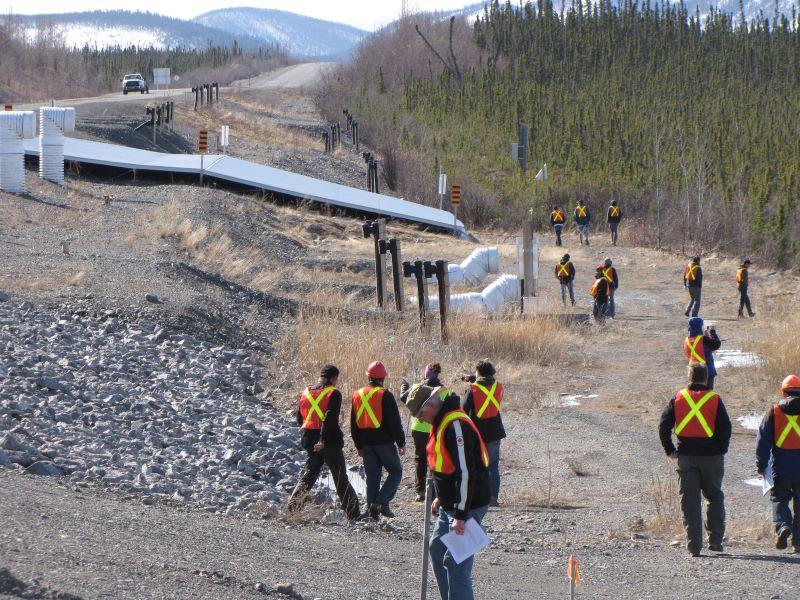
The FROZEN CANOES project provides education and research collaboration for engineers and scientists in environments spanning a range of conditions from continuous permafrost, through thawing discontinuous permafrost, to seasonally frozen ground. The specific aim is to develop synergistic approaches to understanding frozen and freezing ground and sustainability of the infrastructure built upon it.
FROZEN CANOES contributes to high quality research-based educational collaboration between Norway and Canada, in particular between the geoscience groups at UNIS, Carleton University, and Yukon College, and between the geotechnical groups at UNIS, NTNU, and Université Laval.
Courses offered
FROZEN CANOES developed three new interdisciplinary and complementary Master level courses. All courses have a significant field component and cover the following topics:
Design of Roads and Railways in Cold Climate (click to register)
(7.5 ETCS course at NTNU in Trondheim, Norway in October 2022)
Topics:
- seasonal frost conditions in Norway and Canada
- basic pavement design (strength, stress and structural design)
- basic railway design, freezing of soils, heat transfer mechanisms (conduction, convection/advection, radiation)
- thaw weakening and related pavement damages
- frost mitigation (insulation materials, drainage)
- pavement and ballast
- design with protection against frost heave
- materials used in the frost protection layers (crushed rocks, lightweight materials)
- roads and railways maintenance and operation
- rehabilitation of existing roads, laboratory methods (frost heave test)
- field investigation methods
- modelling, calculation of thermal regime in soils and pavements by using Temp-W from Geoslope and
- adaptation to climate change
High-Arctic permafrost geotechnics and geohazards
(10 ETCS course at UNIS in Longyearbyen, Svalbard in 2022)
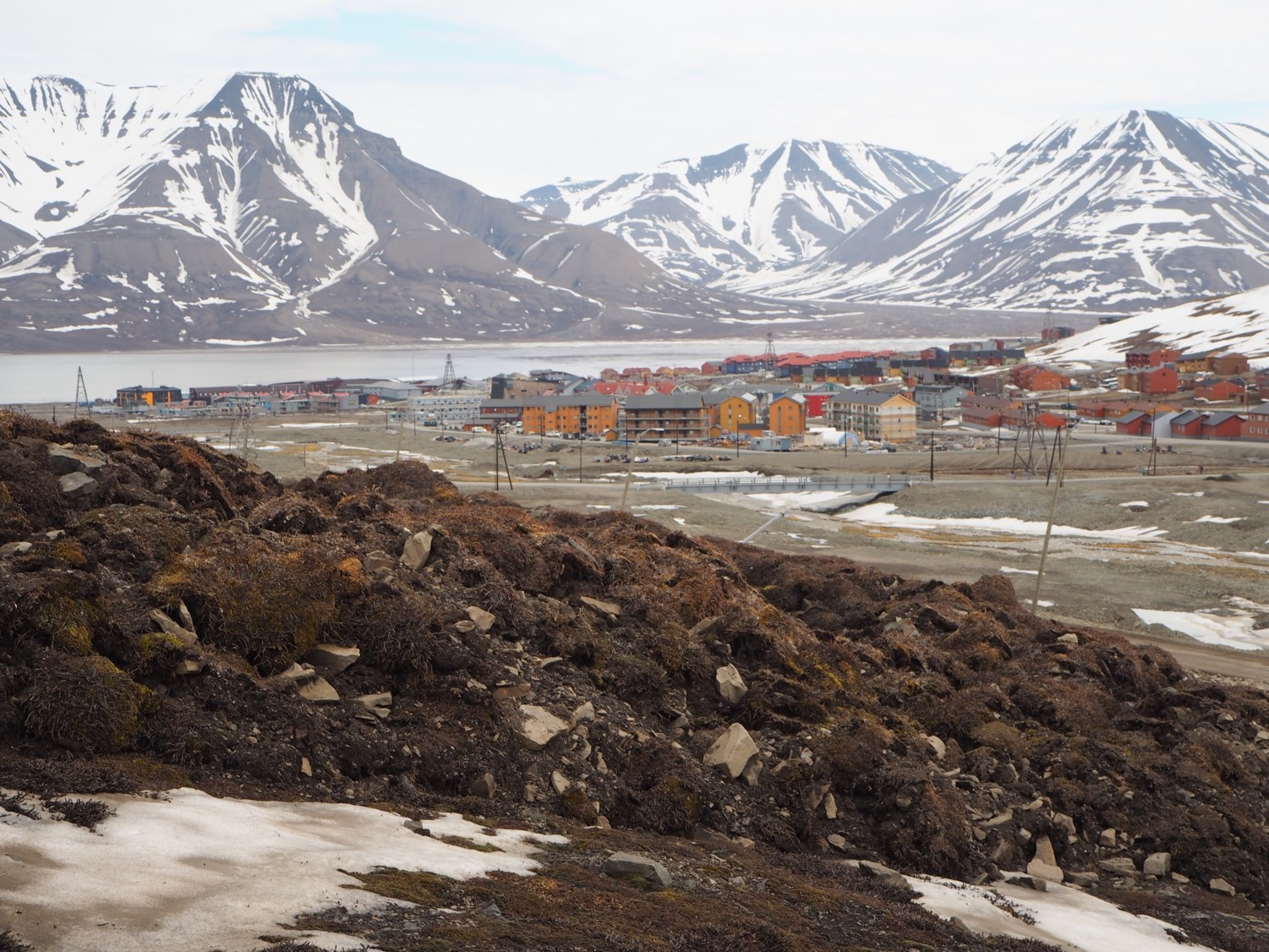 Topics:
Topics:
- permafrost ground thermal regime
- landforms in permafrost areas
- ground ice
- mechanics of freezing, frozen, and thawing soils
- foundations and infrastructure design in permafrost environments
- impoundments in the Arctic
- slope stability and mass wasting
- risk assessments in relation to geohazards
Advanced Permafrost Engineering Applied to Transportation Infrastructure (click to register)
(Canadian credits course at Yukon College in Whitehorse, Yukon in 2022)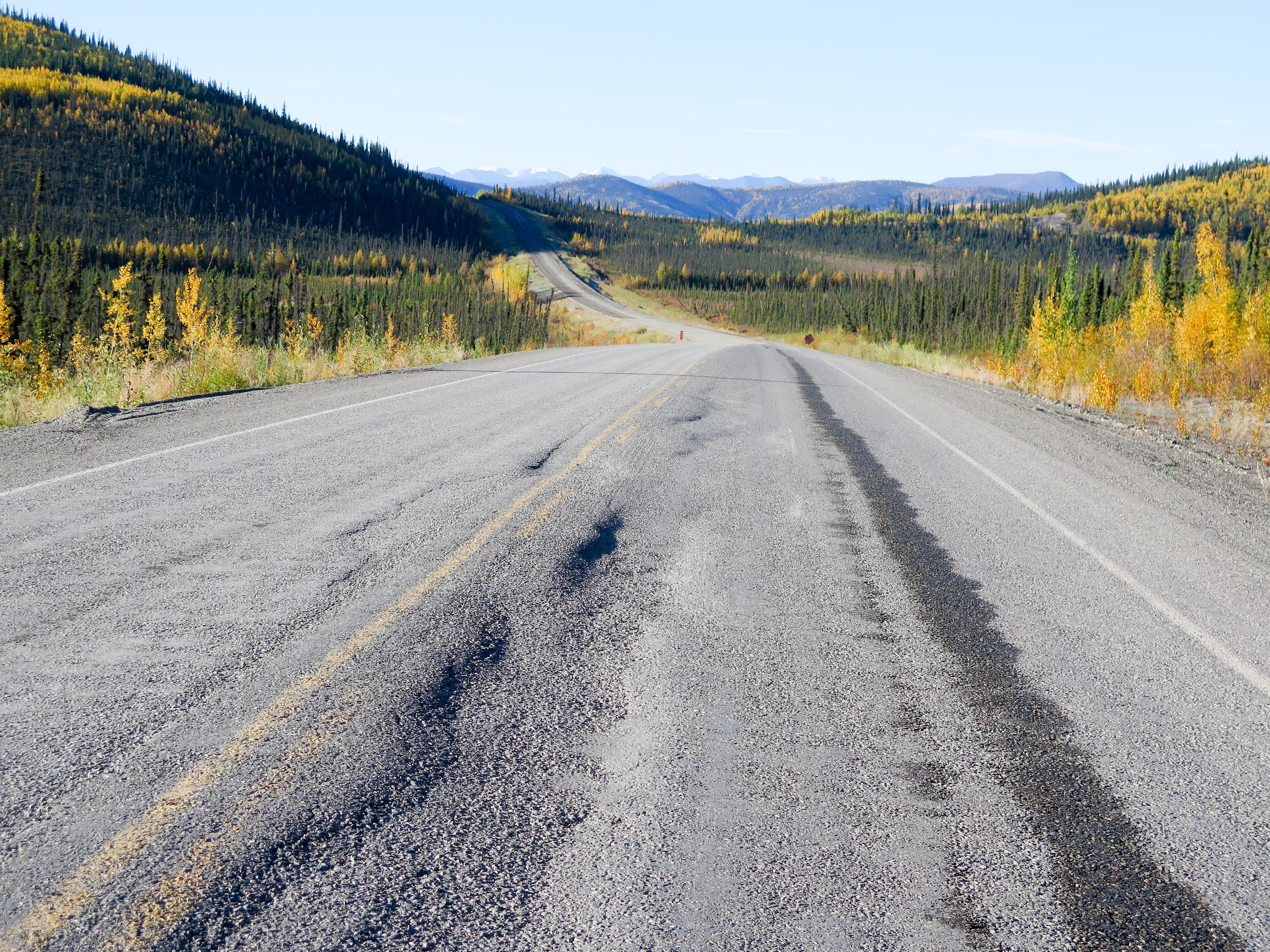
Topics:
- thermal regime of discontinuous permafrost
- hydrologic considerations in discontinuous permafrost, particularly development of aufeis
- basic considerations for embankment design in permafrost environments
- heat transfer principles and calculation
- practical exercise: calculation of one-dimensional thermal regime using Temp/W
- Key considerations for site investigation, description of geophysical methods, drilling and sampling, in-situ testing
- field training in drilling in permafrost and geophysical investigation near Whitehorse
- Laboratory training in processing of permafrost samples and analysis of geophysical data
- embankment design: Key considerations, embankment materials, embankment geometry, embankment thickness, design of drainage systems, thaw consolidation, frost heave, and slope stability
- special protection techniques: description and design considerations for protection technique based on heat removal, reduced heat intake and reinforcement principles;
- 2-D embankment thermal design using Temp-W
- field excursion to sites along the Alaska Highway
Online modules
Online modules will be offered during both the NTNU and Yukon based courses. These online modules will allow the courses to focus more on practical field aspects of frozen ground science and engineering. The four modules focus on heat transfer, freezing-thawing soil mechanics, climate change and numerical modelling.
Module 1: Heat transfer
The module introduce the students to the basics of heat transfer in freezing soils. Conduction, convection and radiation heat transfer mechanisms as well as phase change and enthalpy are covered. Thermo-physical properties of soils and construction materials are presented including various prediction models available from the literature. Effects of insulation layers in road structures are also discussed in terms of frost protection and risk of differential surface icing.
Module 2: Freezing-thawing soils mechanics
This module introduce the students to the mechanics of freezing, frozen and thawing soils. It includes basic information on freezing soils: the mechanics of frost heave and the strength, stiffness and deformation characteristics of frozen soils. The module discuss the movement of water in freezing and frozen soils, with attention given to the unfrozen water content in fine-grained soils (silts and clays) at temperatures below 0 °C and the resulting hydraulic conductivity of these materials. This module also presents the thaw consolidation theory and the settlement behavior of ice-rich soils as frozen ground thaws.
Module 3: Climate change
This module introduce students to the Arctic climate system, and provide details on the development of the climate system in the different parts of the Arctic. Both the recorded data and model outputs are introduced, as an important background to understand the rate of climatic changes going on in the Arctic.
Module 4: Numerical modelling
Geoslope contribute to the education in FROZEN CANOES by providing temporary licenses to students. This module introduce students to the basic concepts of finite element methods, the use of the software and model benchmark problems to illustrate the validation process. Typical cases of calculation of thermal regime in soils and pavements by using Temp-W are presented to illustrate the capability of the software.
Funding
FROZEN CANOES is funded by the INTPART program of the Norwegian Research Council and the Centre for Internationalization of University Studies in Norway.
Partners
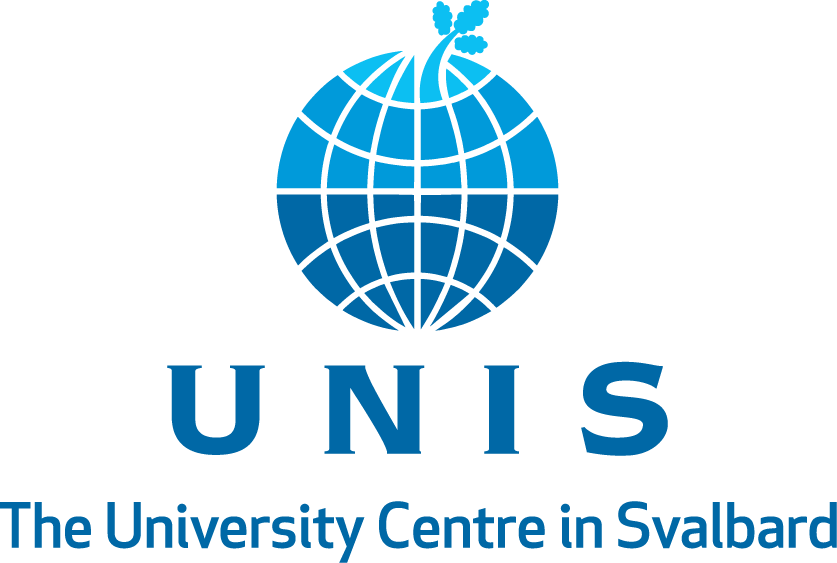
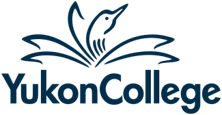
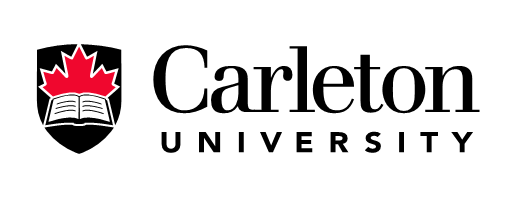


Hanne H. Christiansen: FROZEN CANOES project coordinator and professor, Department of Arctic Geology, UNIS, Svalbard
Inge Hoff: Professor, Department of Civil and Environmental Engineering, NTNU, Norway
Elena Scibilia: Researcher, Department of Civil and Environmental Engineering, NTNU, Norway
Guy Doré: Professor, Department of Civil and Water Engineering, Université Laval, Canada
Jean Côté: Professor, Department of Civil and Water Engineering, Université Laval, Canada
Julie Malenfant-Lepage: PhD candidate at the Department of Civil and Water Engineering, Université Laval, Canada and research collaborator at NTNU, Norway.
Chris Burn: Professor, Department of Geography and Environmental Studies, Carleton University, Canada
Arne Instanes: Adjunct professor, Department of Arctic Technology, UNIS, Svalbard
Brian Horton: Manager, Northern Climate ExChange, Yukon Research Centre, Canada
Fabrice Camels: Research Associate, Manager, Northern Climate ExChange, Yukon Research Centre, Canada
Gilbert Graham: Postdoc, Department of Arctic Technology, UNIS, Svalbard
Sarah Strand: PhD candidate, Department of Arctic Geology, UNIS, Svalbard
Duration
From 2019 to 2022
Contact and information on course content
NTNU course
Course coordinator, Department of Civil and Environmental Engineering, NTNU
UNIS course
Yukon College course

